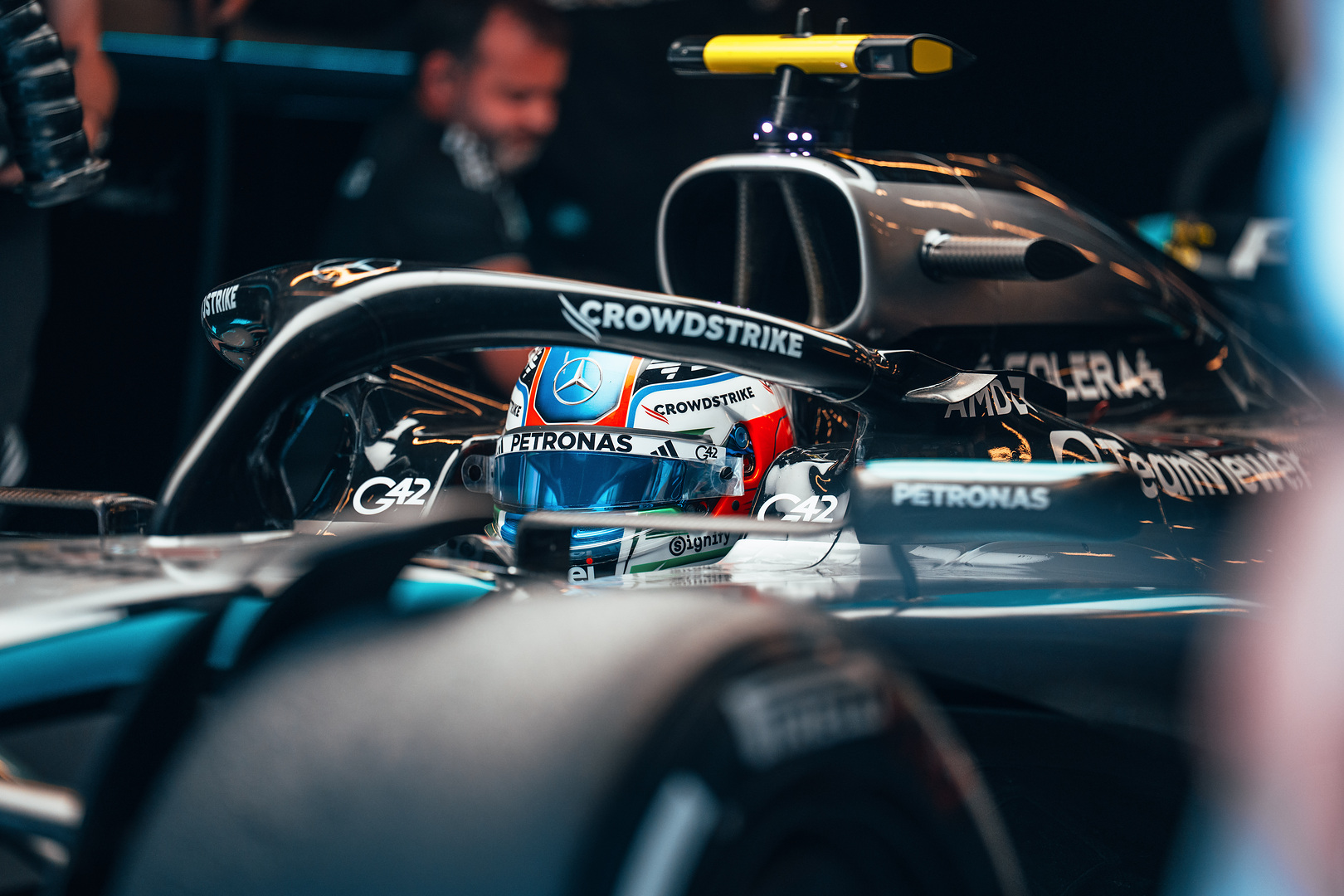Red Bull team boss Christian Horner admitted that Red Bull Powertrains likely wouldn’t exist had Honda not pulled out of F1 in 2021.
The Japanese manufacturer announced its return to Formula 1 in 2026 as Aston Martin’s works partner. Honda previously worked with Red Bull before announcing its intention to leave F1 in October 2020 in favour of focusing on attaining carbon neutrality by 2050.

Photo credit: Red Bull Content Pool
They enjoyed a productive partnership: Honda became the first engine manufacturer to beat Mercedes in the turbo-hybrid era when Max Verstappen clinched his first championship in 2021.
Honda’s withdrawal left Red Bull in a lurch ahead of a planned engine freeze. The two eventually reached an agreement, with Honda continuing to supply Red Bull with engines (now rebranded under the name Red Bull Powertrains) as a paid contractor until 2025.
Now, the Japanese manufacturer has announced it intends to partner with Aston Martin from 2026, when the new regulations come into effect. Red Bull, meanwhile, has committed to a future with Ford.
Speaking to the media ahead of the Monaco GP, Christian Horner revealed his team wouldn’t have set up a dedicated engine division had they known Honda intended to stay in F1, but acknowledged that the decision will benefit them in the long-term.
“I think it’s positive for Honda, it’s positive for Formula One. They’re a great brand and have got a great legacy in the sport. We’ve enjoyed and continue to enjoy, and will do so for another two and a half years, a great relationship and supply with them,” said Horner.
“Obviously they announced their withdrawal in 2020, and that forced us to make a decision long-term wise as to what strategically was the best route forward for us. We created Red Bull Powertrains, they agreed to become a technical supplier to Red Bull Powertrains.
“We’ve enjoyed a great working relationship, but of course now we’re off on our own journey as an engine manufacturer, the partnership with Ford. That’s exciting for us for the future, but Honda from 2026 will become a competitor, but I think it’s positive for Formula One, it’s positive for them to remain in the sport.”
Asked if he’s surprised by Honda’s decision to return, Horner replied, “For me it demonstrates that the combustion engine isn’t dead yet, that there’s still life in combustion.
“Obviously when they withdrew it was because of electrification and I think perhaps with sustainable fuels and zero emissions, the route that Formula One was going for 2026, combustion became relevant to them again, whereas it was something that was very much off their agenda. Who knows, maybe we’ll get back to V8s and V10s that are fully sustainable, wouldn’t that be fantastic?”
The Red Bull team principal called the decision to set up an in-house engine division an “expensive” one, but highlighted the benefits of this increased independence as the Milton Keynes-based outfit had “outgrown being a customer.”

Photo credit: Red Bull Content Pool
“I think that for us to have the power unit on-site, on-campus, integrated fully with chassis and the synergies that that creates, with engine and chassis engineers sat next to each other.
“I think for us for the long term, the advantages are significant. We wouldn’t have made that jump had it not been for Honda’s withdrawal.
“So in many respects to Honda, we should be grateful to them for giving us that push to create our own engine facility, the jobs that it’s created and provided.”
Horner added that he’s looking ahead to the “exciting” partnership with Ford from 2026 onwards.
“And then of course the partnership that we have with Ford, that’s particularly exciting for the future. And the commitment obviously from Red Bull and the shareholders to the project.
“So would we have made the same decision knowing what Honda’s decision is today? Absolutely not. But we made it and we’re committed to it.
“And as the more we’ve got involved, the more benefit we see to the group long term.”




